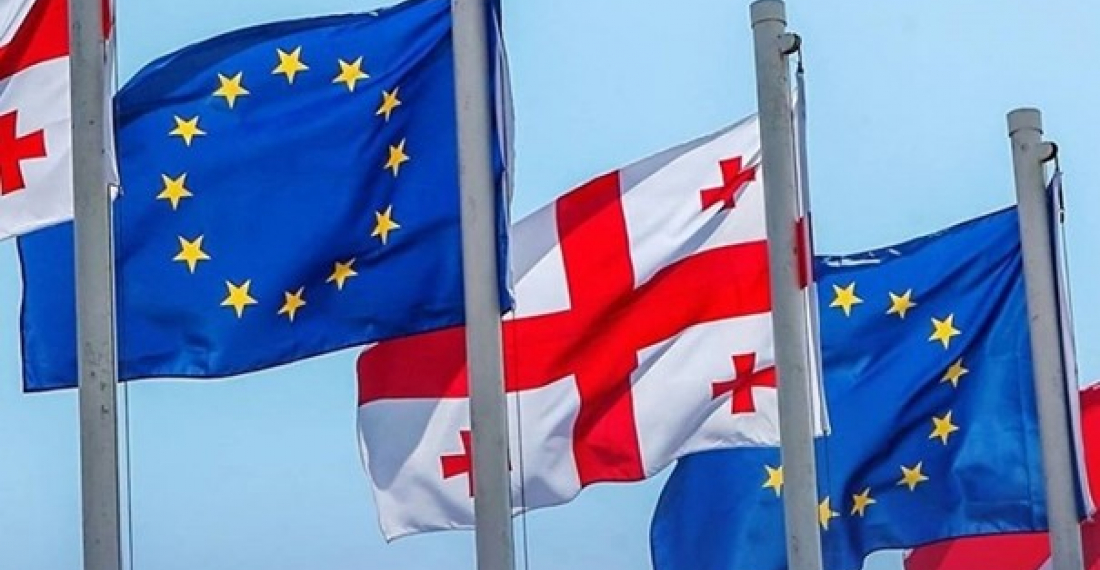Today the EU disbursed €100 million under its macro-financial assistance (MFA) programmes to Georgia, helping its balance of payments and alleviating its budgetary financing needs. MFA is meant to help restore a sustainable external financial situation, as a complement to International Monetary Fund (IMF) financing. Since 2008, the EU has launched four MFA operations in Georgia. This was stated in a statement by the European Union Delegation to Georgia, posted on its website
This support is composed of € 75 million from a new MFA programme announced in April 2020 and aimed at limiting the economic fallout of the coronavirus pandemic. The other € 25 million come as last disbursement of a previous MFA approved in April 2018. Of the total, € 95 million are provided in the form of loans at favourable rates, while the remaining € 5 million are provided as non-reimbursable grant.
The disbursement of €75 million from the COVID-19 MFA programme follows the EU’s agreement with the Government of Georgia to conduct reforms in the areas of public finance management, governance (notably to increase the independence, accountability and quality of the judicial system), energy sector and labour market policies. If these agreed reforms are achieved by the Government, a further € 75 million could be disbursed under this MFA programme early 2021.
The second part of the disbursement of €25 million comes from the MFA programme agreed in April 2018, and is composed of €20 million of loans and a grant of €5 million. The policy conditions agreed and fulfilled for this second tranche enabled reforms on public finance management, financial sector, social and labour market policies and business environment.
source: commonspace.eu






